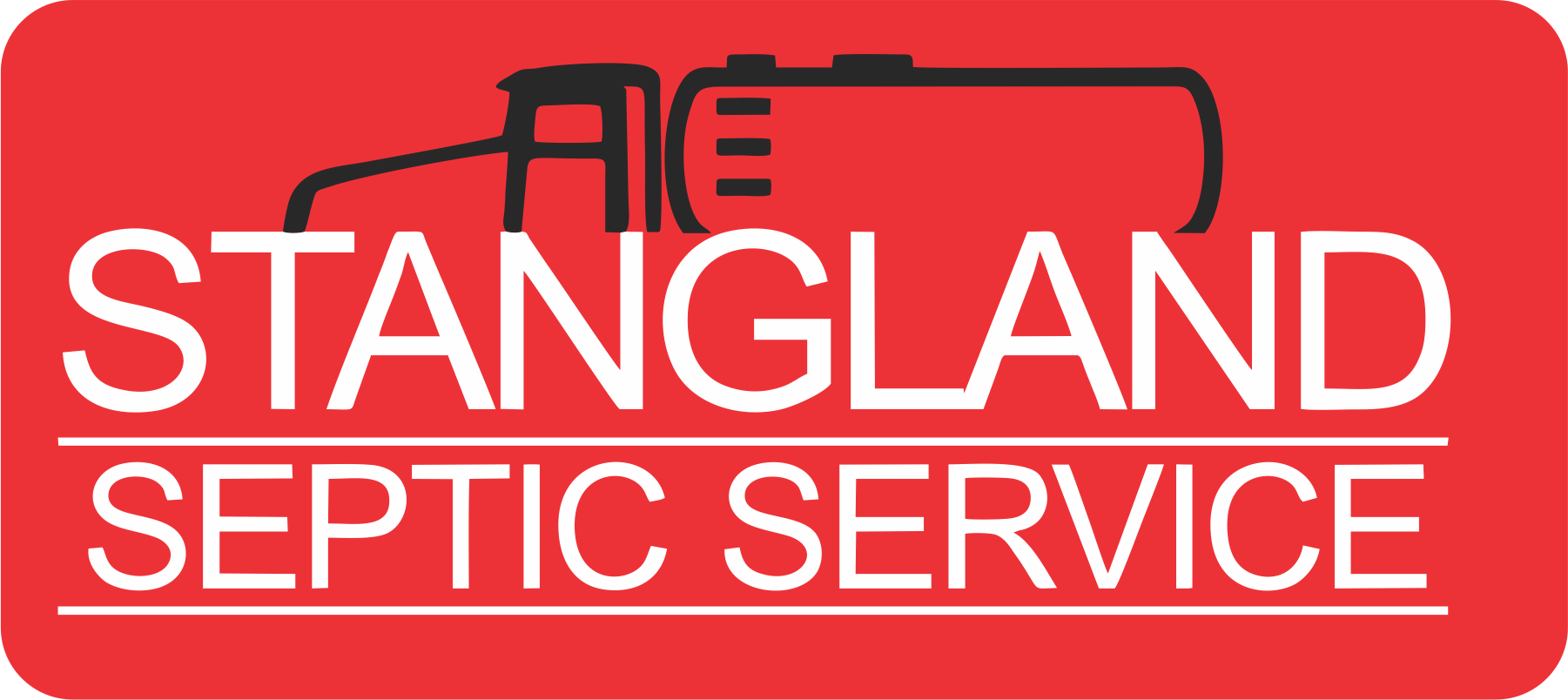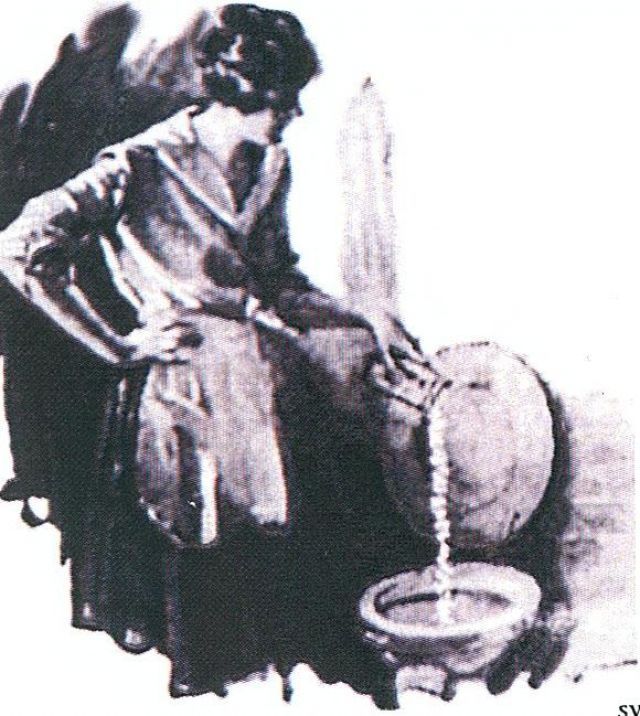A homeowner does not need to add an additive or an enhancer to a septic tank that is designed, operated and maintained properly; naturally occurring bacteria are already present within human fecal matter. Contrary to popular belief, yeast, dead chickens, possums, or raw hamburger do not need to be added to the septic tank.
Manufacturers of biological additives market their use to restore the bacterial balance in a septic tank on a monthly basis as part of a routine maintenance program. This is not necessary because these bacteria already reside in human feces.
Claims made on the effectiveness of additives to either eliminate pumping of a septic tank or restore permeability of the soil absorption system are unsubstantiated. No product will allow a homeowner to escape a regular septic tank pumping and maintenance schedule.

